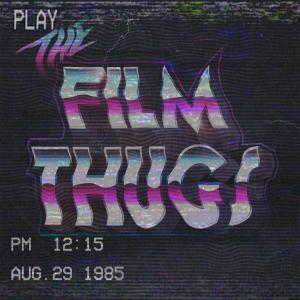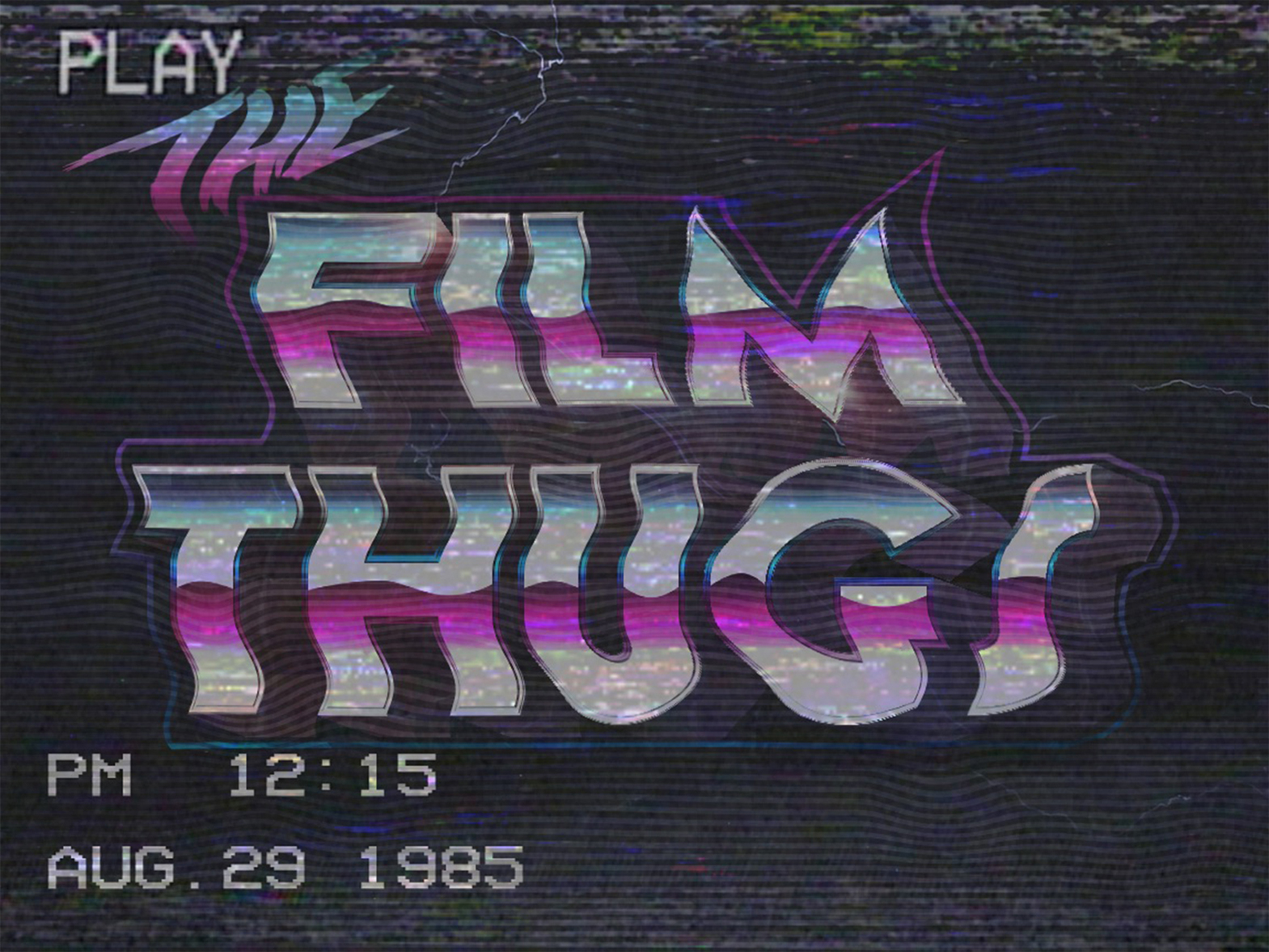Episodes

Monday Aug 01, 2011
So, I guess the international version of Red Cliff wasn't so good after all.
Monday Aug 01, 2011
Monday Aug 01, 2011
I love epics. Ever since a family friend took me to the reissue of "Lawrence of Arabia," I have had a weak spot for films that were larger than the screens that held them. There is nothing like a film that needs an intermission, both for the audience and the projectionist. All of my adult life I've sought out the massive and epic whenever I could. I've seen "Lawrence of Arabia," in the theatre four times, I've seen "Doctor Zhivago" twice in the same setting, along with countless others.
While the undisputed king of the epic, in my opinion, is English director David Lean ("Lawrence," and "Doctor Zhivago" alone have earned him that title) the genre itself has always seemed very American. Think about it and it makes sense. They are big, loud, and don't give a damn if you think they are too big and loud. They are in your face and over the top, and I love them for it. We invented the epic with "Birth of a Nation," and "Intolerance," and made it a commercial genre with "Ben Hur," and "Gone With the Wind," among others.
Sadly, the market forces of today have sidelined the epic. Granted, we still see a few here and there, but the "Braveharts," are few and far between. But they do exist, and they are something quite spectacular to behold.
Well, now China has decided it is time to put us all in our collective places. It's not enough to smoke our asses economically, in most sports, or in industry, or well... pretty much everything else, now the Chinese have decided to remind us how an epic film is supposed to look.
Put simply, "Red Cliff: Part One," and "Red Cliff: Part Two," represent the most visually stunning, and emotionally riveting film experiences I've ever had.
There are two versions of this film There is the international that runs 148 minutes long, and, as I stated in my original review, was a pretty good experience. In fact, I thought it was a damned fine film. Until I saw what I had been missing.
What would that be? Well, it would be the full 280 minute masterpiece that John Woo made.
Look, I enjoyed the first one and am not going to be one of those, "it's unwatchable" types. While it is nowhere near as amazing as the original, it isn't horrible. That is now the only compliment I can pay to this movie that I raved about months ago. It's not terrible.
What you get with the international cut is the Spark Note's version (I am not going to call it a Red Cliff's Notes version, except here, where I can write something stupidly clever and pass it off in a dismissive, "I'm too cool to write that" way. Am I meta or what?). You get the big and impressive battle scenes trimmed for time, and the broad strokes of the story underneath it all. In the end it's an interesting visual exercise that is ultimately forgettable and rushed. If that sounds good to you, then have at it. There are worse ways to spend an afternoon.
But, if you are in the mood for something breathtaking in scope, and utterly engrossing in detail, then spend two nights watching these films. I recommend breaking it up for two reasons,
First: 4 hours and 40 minutes is a LONG time. A very long time. Few people can stomach that in one sitting. You start to get distracted, miss things, and end up wanting it to be over.
Second: That is the way it was meant to be watched. Two episodes with a break in between. The pacing and tonality of each film is distinct enough that a slight a few steps back allows you to process the first part and truly enjoy the second.
Epics are a study in duality. They are massive and sweeping, but at the same time close and intimate. "Doctor Zhivago," uses the canvas Russia and her revolution to paint a picture of two people in love. The outside world interferes, but at heart it is about those two people. "Lawrence of Arabia," uses the endless deserts and massive importance of World War 2 to show one man finding his calling and his place in the world.
"Red Cliff" uses a massive military battle involving hundreds of thousands of men and thousands of ships to tell what is ultimately a story about friendship and loyalty.
Yes, the big is important, necessary even, but it's the small that makes the big matter. Without seeing the day to day, without knowing the inner thoughts, fears, and hopes of the characters their successes and failures are meaningless and the grandiose becomes simply loud.
I could go more into this, but I don't really see the point. You need to see this film. You need to see it the way it was originally done. And you need to see it now.


No comments yet. Be the first to say something!